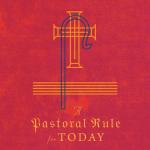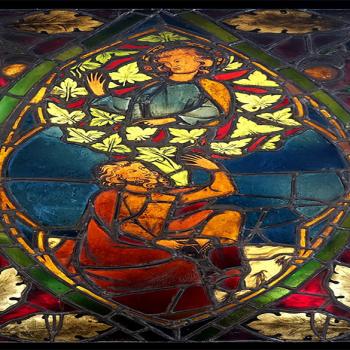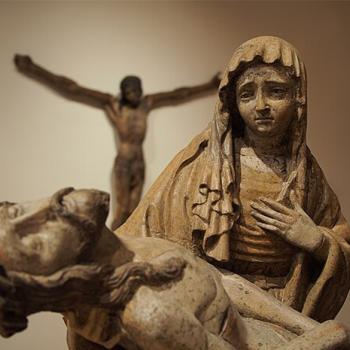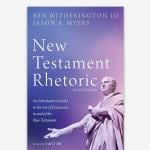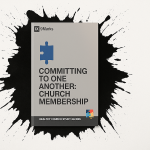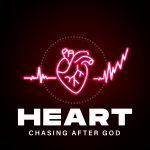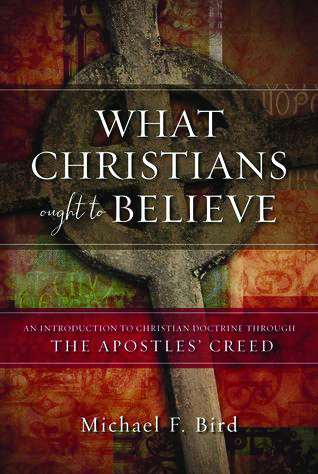 The Australian Bible Society’s magazine Eternity features a nice article by John Sandeman interviewing Ben Myers and myself, about the Apostles’ Creed, what it was like to write about it, and our favourite lines!
The Australian Bible Society’s magazine Eternity features a nice article by John Sandeman interviewing Ben Myers and myself, about the Apostles’ Creed, what it was like to write about it, and our favourite lines!
Sandeman opens:
It’s 1629 years old at least and still useful. It’s the Apostles’ Creed – a short summary of the Christian faith that many reach for when they need a less-than-one-page answer to “what do you believe?” This old statement of faith is exciting enough to be the subject of two recent books by Australian leading theologians – Michael Bird of Ridley College, Melbourne, and Ben Myers of the Millis Institute in Brisbane – and one currently being written by John Dickson of the “Undeceptions” podcast.
Sandeman writes:
It surprised both writers. “Oh yes,” Bird responds, “the line about Christ descending to the dead/hades/hell has created much confusion. Christ did not go to hell, despite what some late Latin versions of the creed say and their Elizabethan English translations. Christ went to hades, the waiting place of the dead, to break the bonds of death. A Byzantine hymn writer, Romanos the Melodist, imagined hades berating the Devil for being so gullible as to be able to think that he could defeat God and keep the Son of God in the clutches of death: ‘Your vaunted cross-tree sends tremors through the universe. The earth is quaking, the sky is black; rocks are splitting, the temple veil is in shreds. Those in the tombs are rising up and corpses shout, ‘Hades, don’t you understand? Adam is beginning his return to Paradise.’”
Myers tells Eternity: “The biggest surprise came when I started teaching a class on the Apostles’ Creed.
“I thought the class would be about Christian history. But it ended up having a strong apologetic focus. We discussed the problem of suffering, God and gender, violence and the atonement, the fragility of creation, the place of the human body in God’s purposes.
“These problems seemed to arise naturally as we worked our way through each line of the creed. So the creed gave us a framework for exploring some of the toughest intellectual challenges that Christians face today. And it gave us a way to relate those challenges to a wider context of God’s purposes for creation. I taught that class for several years and it became a really dynamic dialogue between the ancient faith of the church and the contemporary world. That’s the dynamic that I tried to capture in the book.”
So which bit is Bird’s favourite? “I love the section about the catholic church and the communion of saints. Our faith is not simply assent to belief in God and accepting an offer of salvation from Christ for us as individuals. Faith is about the people created by the gospel of Christ. The church confesses itself in its confession of faith. We are bonded to the Father through Christ and through the Spirit and yet in the same way – even mystically or mysteriously – we are bonded to each other as well. As we grow closer to God, we grow closer to each other.
“There is then no communion with God without a common union with each other. The church is not a dispensable fashion accessory in my personal and private religion. It is not the throw-away packaging of my Jesus-anity. The church cannot be replaced with an iPad app and some Facebook friends.”


